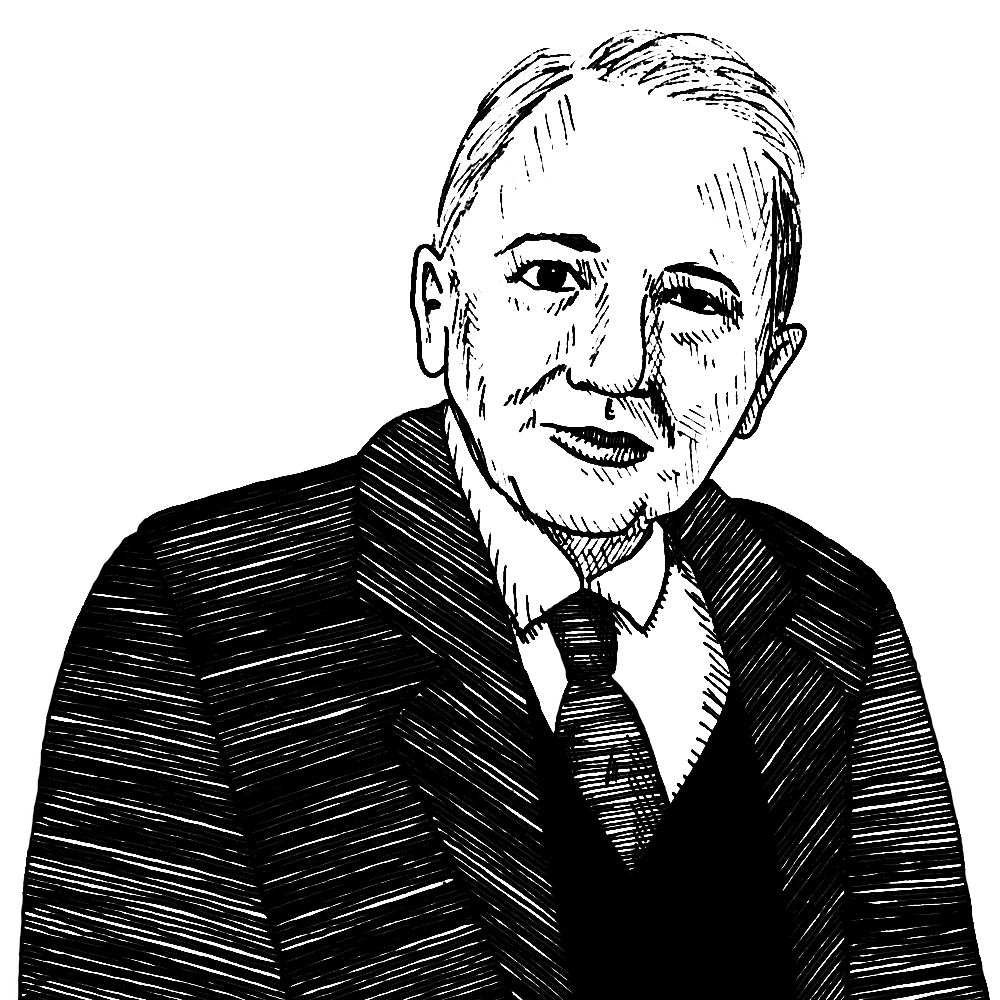
Franz Oppenheimer on the origin of the state in conquest and subjection by one group over another (1907)
Found in: The State
The German sociologist Franz Oppenheimer (1864-1943) developed a theory of the “class-state” or the “wolf state” which had its origins in the “conquest and subjugation” of one group of powerless people by a more powerful one:
The State
What, then, is the State as a sociological concept? The State, completely in its genesis, essentially and almost completely during the first stages of its existence, is a social institution, forced by a victorious group of men on a defeated group, with the sole purpose of regulating the dominion of the victorious group over the vanquished, and securing itself against revolt from within and attacks from abroad. Teleologically, this dominion had no other purpose than the economic exploitation of the vanquished by the victors.
No primitive state known to history originated in any other manner.